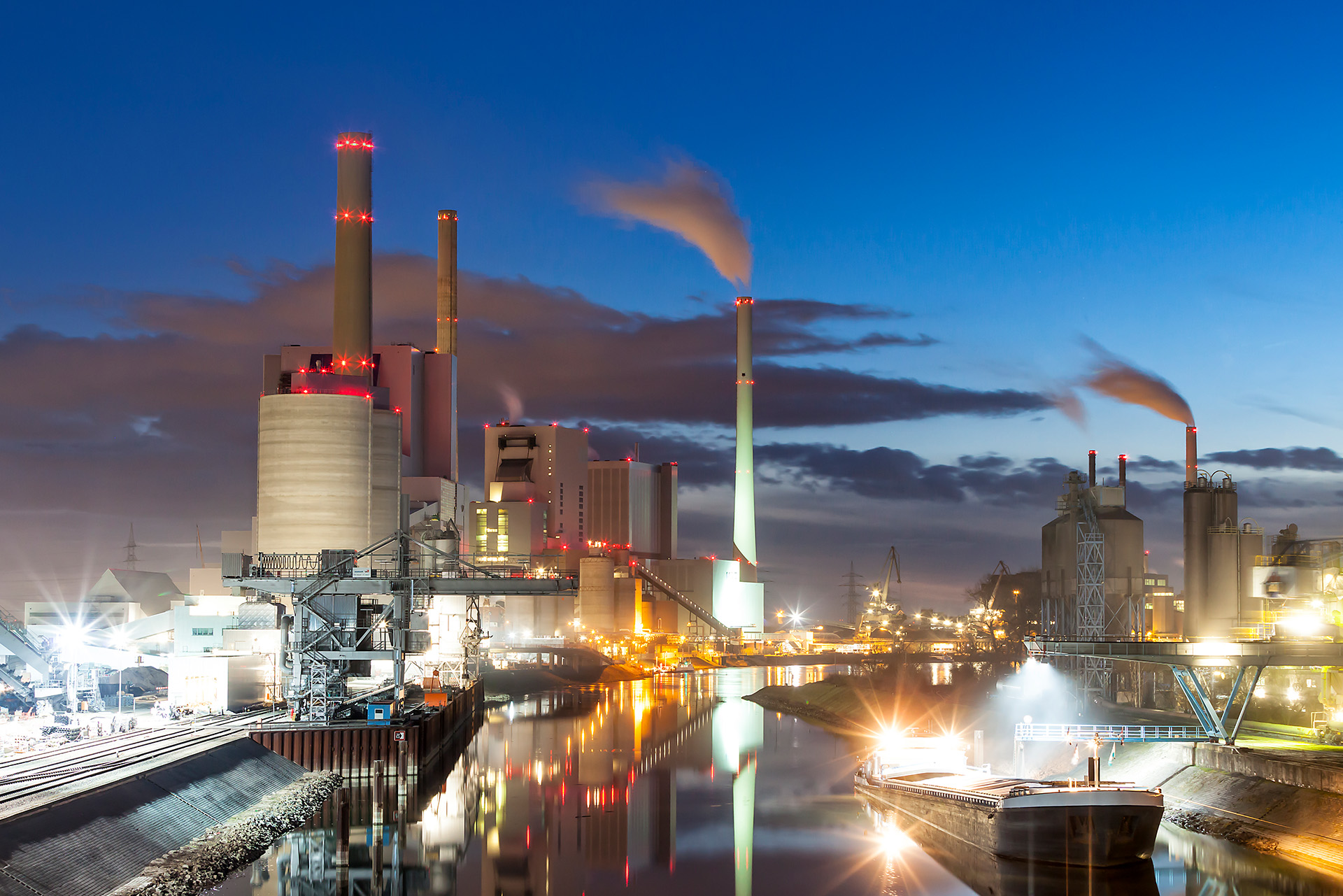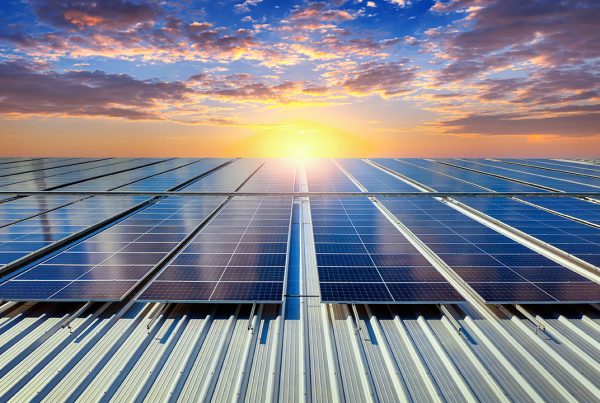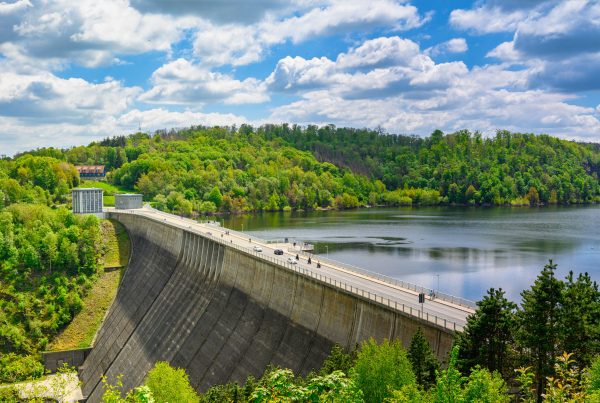Natural gas will continue to play a key role in the European Union's decarbonisation strategy, by replacing existing coal-fired power generation capacity, but also by helping to create lower-cost hydrogen infrastructure. Frans Timmermans, Executive Vice President of the European Commission and Commissioner for Climate, said it recently.
According to him, natural gas will continue to play its role in parts of Europe.
"Ending support for natural gas infrastructure completely will certainly be questionable, especially in regions planning to expand the use of natural gas to replace coal," he said, quoted by EUobserver.
"I think this is a warning I need to add." added the Climate Commissioner at a conference on the EU's green economic recovery.
Romania, the second largest producer of natural gas is one of the countries that will rely heavily on natural gas in its efforts to reduce carbon emissions from the energy sector. They are one of the main contributors to rising global temperatures.
National Integrated Energy and Climate Change Plan 2021-2030 sent by the Romanian authorities to Brussels clearly shows this.
CO2 emissions half of coal
The importance of natural gas is obvious: firstly, it emits on average 50% less carbon dioxide (CO2) than coal when burned in power plants. Depending on the degree of wear and tear on the thermal power plants, the difference can be even greater.
According to the latest available data (ANRE Annual Report, 2017) included in the NESCAP, specific CO2 emissions were 911.14 g/kWh for coal and 407.04 g/kWh for natural gas in 2017.
Thus, the decarbonisation plan proposed by Complexul Energetic Oltenia, the main producer of coal-fired electricity, involves replacing and supplementing 1,260 MW of coal-fired power plants with 1,400 MW of natural gas-fired power plants and 300 MW of renewable energy (from solar energy) by 2030. In addition, the NESCAP provides for development of high-efficiency cogeneration capacity in heat production for district heating systems, also based on natural gas. A total of about 2,900 MW of new gas-fired capacity should be built nationwide between 2021 and 2030 under this plan. The detailed plan can be found at HERE.
Natural gas, "partner" for renewables
As regards renewable energy, Romania has proposed to the European Commission to reach the ambition level of 30.7% in 2030, installation of 2,302 MW of new wind and 3,692 MW of new photovoltaic capacity. For the stability of the system, "there is a need to install back-up capacity on natural gas, storage capacities and the use of smart grid management techniques," the NESCAP states.
"The development/modernisation of gas-fired power plants is also necessary as wind and solar energy are a variable source and do not meet energy demand, so they cannot be considered as the only sources of electricity production, especially in extreme weather situations," the document says.
Record decline in coal production in 2019
Romania's decarbonisation strategy is in line with what is happening at the European level, where coal-fired electricity generation capacity experienced an unprecedented decline in 2019. In just one year, coal-fired power production in the EU has fallen by 24% and is now less than half of its 2007 levelaccording to The European Power Sector in 2019" report.
Half of the coal-fired capacity that went out of production was replaced by wind and photovoltaic power, and the other half was replaced by natural gas generation, which has become more competitive amid higher CO2 certificates and lower natural gas prices.
Overall, natural gas-fired electricity generation increased by 15% and accounted for 23% of total EU energy production, also shown in Quarterly report on the gas market published by the European Commission.
So natural gas will play an increasing role in the transition to a cleaner economy. Beyond electricity generation, this non-renewable fuel has many other applications - for example, in hydrogen production, considered one of the most important fuels of the future, but also in transport.
However, Romania needs to exploit its newly discovered deposits in order to fully cover its growing domestic needs and increase energy security.
"In this sense, the speedy implementation of the legal framework necessary for final investment decisions in the exploitation of natural gas resources in the Black Sea area is an important objective for Romania", the PNIESC also states.
It remains to be seen whether the authorities will put this wish into practice.





